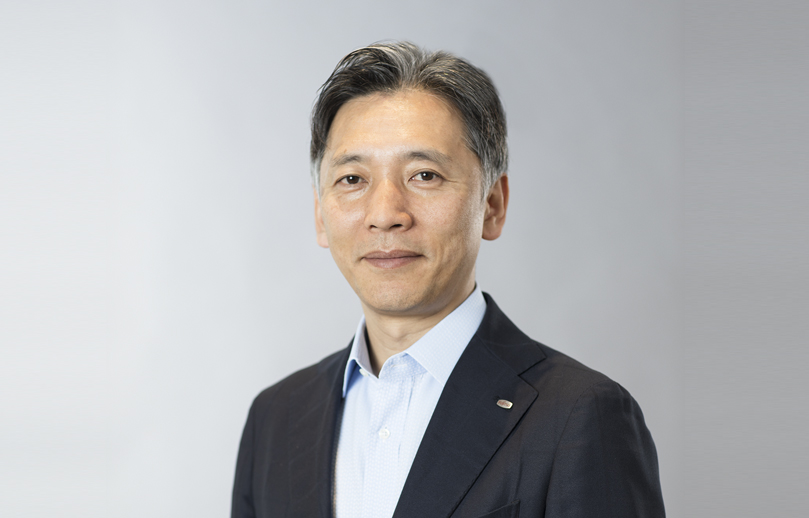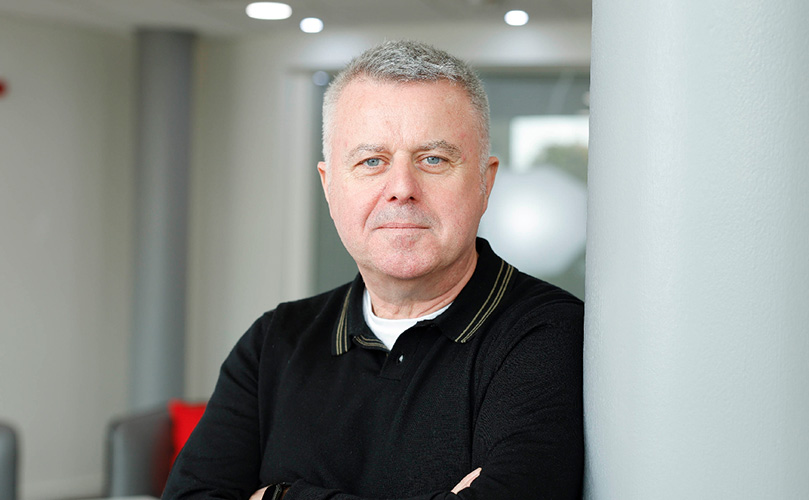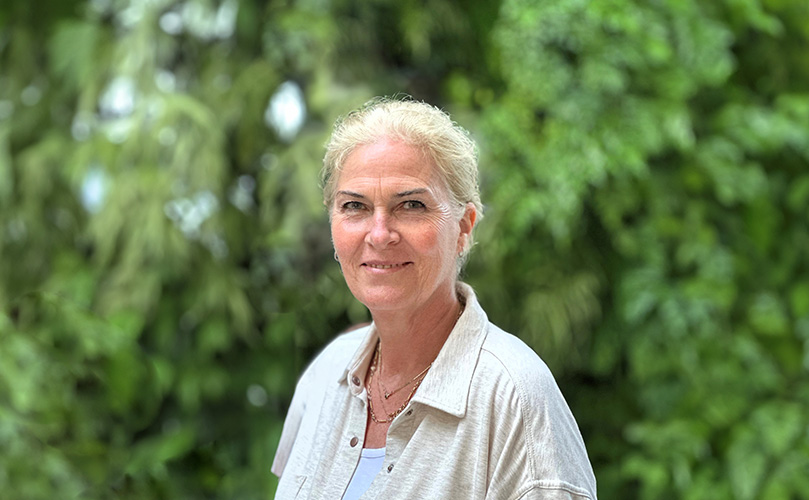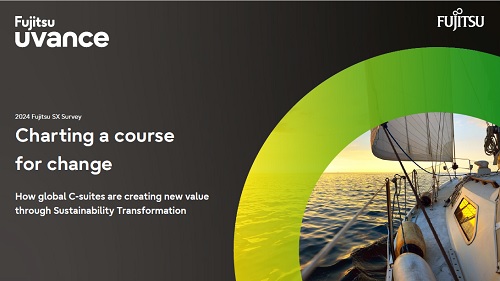Insights from the Global Peter Drucker Forum Innovation Begins at Home

Report|2024-12-16
5 minute read
The Global Peter Drucker Forum, described as the "Davos" of management thinking, gathers leading thinkers and practitioners to explore the evolving role of management in society. This year’s event focused on a critical theme: ‘The Next Knowledge Work: Managing for new levels of value creation and innovation’. In an age where technology reshapes industries, the forum offered a platform to examine how organizations can foster innovation while maintaining a human-centric approach to leadership and management.
Management as a Pillar of Society
Richard Straub, the President of the Global Peter Drucker Forum, opened with a compelling assertion: management is about more than business—it is foundational to society. Institutions across sectors rely on effective management to function and thrive. He posed a fundamental question: How can we improve management to drive value creation and innovation?
The answer, he suggested, lies in the aggregation of decisions made by managers and knowledge workers. These decisions are the building blocks of progress, shaping organizations and, by extension, society. To improve the world, we must ensure that these building blocks are sound and well-aligned with the principles of innovation and collaboration.
Workplaces as Homes
Gianpiero Petriglieri offered a striking metaphor for the modern workplace. Drawing parallels to the Palace of Versailles—a symbol of statecraft and diplomacy that was also a home—he argued that modern workplaces are also like homes, spaces where people live significant parts of their lives.
Gianpiero Petriglieri noted that while we excel at building efficient systems and operations, we often neglect the human aspect. ‘We need to bring workplaces to life’ he said, urging that organizations should prioritize creating environments where employees feel connected and empowered. Workplaces should function as homes, fostering both community and individual freedom.
Innovation Without Disruption
In the first panel of the day, ‘When Innovation Is Imperative’, Keiichiro Nishi, Fujitsu’s Senior Vice President, and Head of CEO Office, shared insights into how organisations can achieve transformational change. Keiichiro Nishi challenged the conventional wisdom that innovation must be disruptive to be effective. Instead, he argued for a more sustainable and seamless approach to innovation, one that integrates new ideas without causing unnecessary upheaval.

Using the example of Fujitsu, he highlighted three strategies central to the company’s journey of transformation.
Bringing in external executives: In many Western organizations, hiring leaders from outside the company is a common practice, but in Japan, this remains relatively rare. Fujitsu has embraced this strategy to transform business management at the decision-making level, thereby introducing fresh perspectives and challenge entrenched ways of thinking.
Encouraging career mobility: In the past few years, roughly 30,000 Fujitsu employees have shown interest in internal job postings, with 10,000 making transitions to different roles within the company to gain diverse experiences and skills. This approach not only broadens individual capabilities but also helps the organization stay agile and adaptive.
Fostering open communication: Regular town hall meetings provide employees with direct access to the CEO and senior leadership. These sessions promote transparency, build trust, and ensure that employees feel heard and connected to the company’s mission.
Keiichiro Nishi emphasized that these strategies are designed to align personal and organizational goals, helping employees understand how their work contributes to both their personal growth and the company’s success. “Purpose carving,” as he called it, encourages individuals to reflect on how their roles enrich their lives and create value for the organization.
AI: A Catalyst for Innovation
AI has become a powerful tool for accelerating innovation and delivering results in critical areas like healthcare. Fujitsu's CTO for Europe, John Walsh, participated in a panel discussion on the transformative potential of AI.
To demonstrate this potential, John Walsh emphasized the power to drive robust, industry-wide change: “Gen AI is driving the revolution, it is one flavour of the technology, and the truly transformational value lies with the broader family of AI tools and technologies,” he remarked.

Driving Sustainability
On Drucker Forum TV, the event’s live digital channel, bringing content from the Forum to a larger online audience, Valerie Oosterhoff, Fujitsu’s Head of Development for ESG and Sustainability, discussed Fujitsu’s leadership in sustainability.
She detailed several initiatives where the company is helping clients achieve sustainability goals. She introduced Advancing Net Positive, a partnership between Fujitsu and Economist Impact launching in February 2025. It is an index to help organizations assess their current sustainability efforts and chart a roadmap toward becoming net positive.
Reflections on the Forum
Jean-Marc Chammas, Fujitsu's Head of Northern & Western Europe Delivery, described the Global Peter Drucker Forum as “a platform that provides an academic perspective on the yearly theme, offering valuable insights into market trends and potential solutions to industry challenges.” Francisca Soler, Fujitsu’s Head of Delivery Western Europe, called it “a great opportunity to listen and talk to thought-leaders, industry experts, peers and new talents about innovative practices required in this new era of management.”
As Peter Drucker noted, the most critical task for 21st-century management is to enhance the productivity of knowledge work and knowledge workers. From leveraging AI to fostering human-centric workplaces, the issues debated will be essential as organizations strive not just to adapt but to lead in an age of continuous transformation."
Keiichiro Nishi
Senior Vice President, Head of CEO Office, Fujitsu Limited
In 2000, Keiichiro started his career with Mitsubishi Corporation, engaging in securitization and management of various projects.
In 2003, he joined Graduate School of Management, Globis University, which is the largest business school in Japan. At its corporate education division, he played active roles in organizational transformation and leadership education programs. In 2011, as Managing Director, he took the lead in founding Globis China and assumed the responsibility of its management. In 2013, he became Managing Director in charge of Globis corporate education division. Currently, he is Fellow, looking after corporate education and global strategy.
In 2023, Keiichiro joined Fujitsu. As SVP, Head of CEO Office, he is responsible for guiding Fujitsu’s business management cycles, as well as activating its strategy and corporate initiatives.

John Walsh
VP of Technology, CTO Fujitsu Europe
John has over 30 Years’ experience in the technology industry, particularly Architecture, Consulting and Software development. He has held multiple roles within Fujitsu creating solutions with customers in Financial Services, Manufacturing, Law Enforcement, Retail, Telecommunications, and the Public Sector.
John has a keen interest in R & D having spent 3 years working on behalf of Fujitsu Laboratories in applied research (AI - ML, Graph Generation & Deep Tensor). This was followed by 2 years in Quantum inspired technologies and QUBO design. His current interest is in the combination of accelerating AI learning models using Quantum Techniques. He has a deep interest in the mathematics which underpins AI Ethics and the detection of bias in training data sets. He is an expert in the field of real-time computing and signalling processing.
John is at his best when given a business challenge and can apply technology to solve it, and a key element of his remit is to provide customers with early insight and adoption to Fujitsu Laboratory applied research.

Valérie Oosterhoff
Partner Development Director, Fujitsu
From her early career with the likes of Unisys and Next Computer, Valérie Oosterhoff has been at the leading edge of the latest technologies and business priorities in IT. In addition to leading multinational software sales teams at Peregine, she has run some of Fujitsu’s largest global retail client engagements with McDonalds and M&S.
After a specialization in outsourcing and IT managed services, Valérie has developed some of Fujitsu’s most valuable partner relationships and is now responsible for its Sustainability strategy and go-to-market programs.


Related Information
Fujitsu Technology and Service Vision

2024 Fujitsu SX Survey: Accelerating Sustainability Transformation with AI

